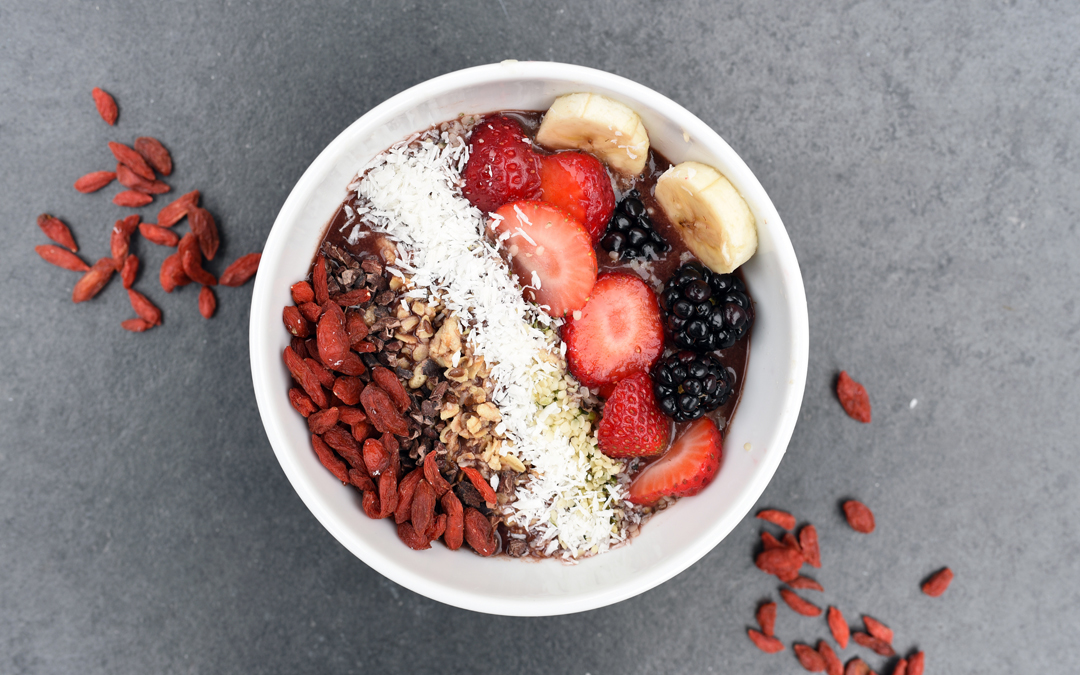Getting Healthy After Addiction Rehab
If you’ve gone through rehab, the hardest work is behind you. However, depending on the severity and duration of your addiction, there’s still much to do. Recovery is a lifelong journey of physical, mental and emotional rebuilding. Your overarching goal is to stay sober. Giving special attention to these areas will dramatically increase your chances of success:
Keep reading for tips on getting back in shape physically and emotionally.
Physical and Mental Health After Addiction Treatment
Before you can focus on other aspects of healing, it’s vital to undo the physical damage caused by drugs or alcohol. Your body is more resilient than you think, and getting strong and fit gets easier once you make a good start.
Malnourishment has to be addressed. Lack of nourishment contributes to constipation, indigestion, bone loss, muscle weakening, cognitive problems, poor immune response and high levels of toxins. Some of these problems are forerunners to organ failure and certain types of cancer. Even skin, vision and oral health are affected.
Again, much of the damage can be reversed with a focus on eating right and staying well hydrated. You’ll be shocked at how quickly your tastes change. After just a week or two on a healthy diet, you will start to crave good choices rather than fast-food, soda or candy.
Everyone’s dietary needs are different, but here is a general guideline:
- Protein is key in rebuilding physical strength and brain power. Poultry, fish and beans are good sources to start with. Red meat is not as easy to digest, so eat it sparingly.
- Fiber will help your digestive system bounce back. It keeps your system nice and clean, and even better, it’s filling.
White flour contains nothing that your body can use. Clear your pantry of white flour foods, which include most breads, breakfast cereals, pastas, crackers and baked treats. Replace worthless foods with fiber-rich ones like whole grain breads and pastas, brown rice, black beans, rolled oats, sweet potatoes, avocados, carrots, pistachios, almonds, apples and bananas.
- Jump-start your immune system with anti-oxidants like fresh fruits, berries and raw or minimally cooked vegetables.
- Avoid sugar and caffeine. They cause wild fluctuations in mood that trigger substance abuse. They will also keep you awake at night, and sleep is one of the best healers.
Sleep doesn’t just improve mood in waking hours. It wards off serious diseases and enhances cognitive performance, coordination, focus and memory. Going to bed and waking up at the same time every day will help you fall asleep faster and improve the quality of your rest.
A sedentary lifestyle is the enemy of successful recovery. Exercise doesn’t just strengthen your body. It preoccupies your mind in beneficial ways. Every time you walk, run, cycle, swim, dance, take a yoga class or just pump iron with a couple of water bottles at your desk, your brain boosts production of feel-good chemicals like dopamine. Dopamine increases motivation, improves mood and eases cravings for the wrong things.
Start slow, set realistic goals and gradually build up to a regular exercise routine. You’ll be amazed at how much more alert you feel.
Emotional Health After Addiction Treatment
Emotional health is just as important to long-term sobriety as physical and mental well-being. Don’t replace one addiction with another. Work is important, but try to maintain a healthy balance with your lifestyle and keep stress to a minimum. Do your very best job while working only the required hours.
One of the greatest challenges after addiction treatment is healthy socialization. At least in the beginning, you’ll probably have to distance yourself from friends and acquaintances that you used to party with.
You’re probably already working to restore the close relationships in your life, and that’s an excellent goal. Keep up with the supportive sober friends you made in rehab. In addition, seek out new friendships. Join a book club. Attend a class at the community college. Sign up for a team sport. Volunteer. Attend religious services.
Keep your free time scheduled with productive activities that ward off loneliness and promote life-sustaining habits. There’s nothing wrong with a Netflix night once a week or limited TV every day, but overall, try to keep your mind and body better occupied.
Make plenty of time for quiet reflection. Read uplifting books. Keep a journal. Spend time in prayer or meditation. Painting, knitting, origami, working puzzles, gardening and learning to play a musical instrument are quiet hobbies that go a long way to relieve stress.
At St. Gregory Recovery Center, we support long-term addiction treatment that keeps you clean and sober. Call today for more tips to avoiding relapse.







